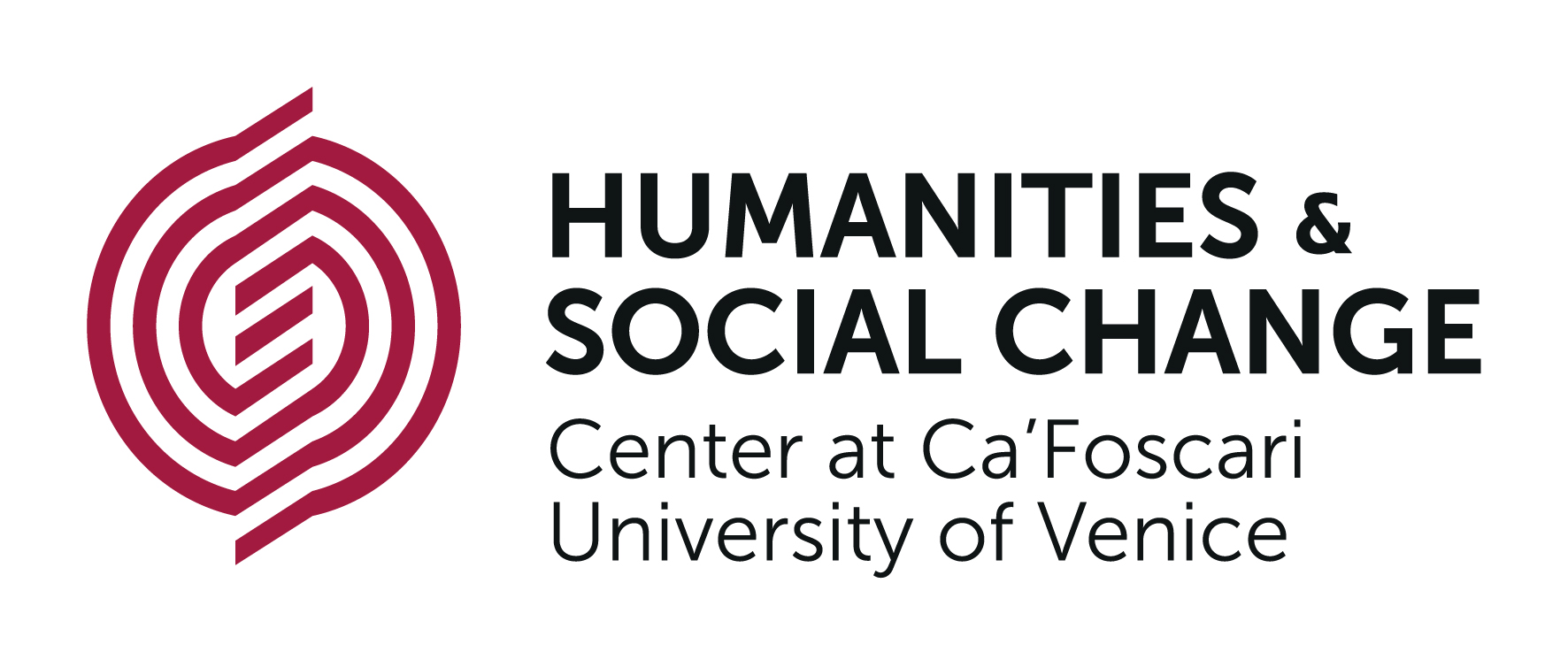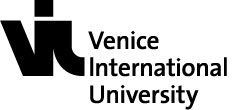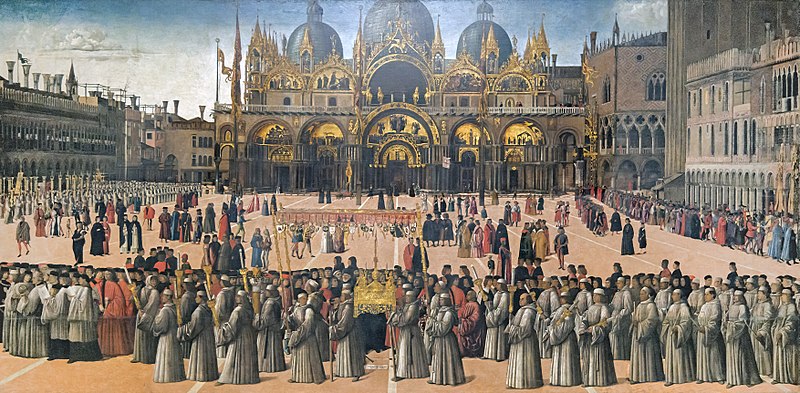We are glad to announce that on June 11-13 2021 we are organizing the second edition of the Venice World Multidisciplinary Conference on Republics and Republicanism.
Keynotes | Quentin Skinner | Cécile Laborde
The keynote speakers will be Quentin Skinner, professor at Queen Mary University of London, author of Liberty Before Liberalism (1998) and co-editor and contributor to Republicanism: A Shared European Heritage, 2 volumes (2002), a classic in the field and Cécile Laborde, professor of Political Theory, University of Oxford, and author of Critical Republicanism. The Hijab Controversy in Political Philosophy (2008).
CALL FOR PANEL THEMES
The call for panel themes is now open. Anyone interested in suggesting a topic for a panel is invited to send their CV, a description of the topic (300-500 words), a paper proposal (title and description of 300 words) and a list of potential other speakers (if possible, with titles of papers) to luca.pes@univiu.org and in CC conferences@univiu.org. The (extended) deadline is August 15, 2020. The panels will involve four speakers, including the applicant. For examples of themes, please see the 2019 conference program.
CALL FOR PAPERS
A call for papers will be issued in September 2020, once the themes will be selected. It will be possible to submit papers not falling under any of the proposed themes.
THE AIM OF THE BIENNIAL CONFERENCE
The aim of the conference is to meet every two years to discuss Republicanism in a broad, multidisciplinary and worldwide perspective.
During recent decades, Republicanism has become a central concern in political theory and history. This body of thought emerged as the main alternative to Liberalism, when Marxism lost this role after the fall of the Berlin Wall. There is a renewed interest today, while searching for solutions to mounting populism and personalization of power; the issue of inequality and the crisis of democracies.
Republicanism - as a study of classical Athens and Rome and then Renaissance Florence, Venice and other self-governing units - has been branded as ‘a shared European heritage'. Its distinguishing feature has been to focus on the diverse political mechanisms to avert tyranny, on balancing power and attaining mixed government, and on ensuring forms of participation in the process of law-making, protecting from constraints and conceiving liberty as non-domination. Such practices have been key for experiments in democratic rule all over the world.
The conference wants to promote further theoretical and historical reflections on such experience, broadening the focus to non-European case-studies and perspectives, to late modern and contemporary times, opening to every possible discipline. Republicanism is not a dead body confined to the studies of the past: rather it is about rediscovering the past to offer novel solutions for the problems of today. The idea, hence, is to convert it into a frame in which to discuss and clarify contemporary issues and concerns and even, if possible, into a common background theory for existing empirical political practices, including eco-democracy, participatary budgets, the defense of the commons and public space, communal practices and rights, and resistance to domination.
Scholars from all disciplines, from the Venice International University consortium and beyond, are invited to join in. The aim is to consolidate a network of people interested in the project. The objective is to have biennial conferences in the the field and convert this event into a permanent workshop.
A WORLDWIDE AND MULTIDISCIPLINARY PERSPECTIVE
The main groups of themes of the conference will be:
1) Political theory and philosophy of Republicanism. This is an area of contributions which is most conceptual. It has to do with meta-historical considerations. Its main concern would be to define what the republican tradition is all about, and what republican aims and forms of life are. If a coherent theory of republicanism is possible, then how does it differentiate itself from its rivals (including populism and liberalism)? Are there different regional or national models of the classical republican tradition? This section could include also issues like Feminism and Republicanism, and a discussion of Republican theory of private property/ownership and the commons.
2) The historical manifestations of Republicanism in ideas, movements, regimes and the arts. This includes all the approaches which involve rigorous historicization and historical circumscribing: from Greek and Roman Republicanism to the Italian Republics in the Middle Ages and the Venetian, Florentine and Genoese polities and then on to the Dutch and English revolutions; free cities in medieval and early modern Europe – from the Hansa experience to Ragusa; from the American founding fathers and the generation before them to the French revolution and the French and Italian 19th century versions of Republicanism. The US context could be also crucial to understand how republicanism transformed itself into populism. Art forms of Republicanism fall in this area too; including Republican rituals in specific time and place; and manifestations of Republicanism in literature too. A major target is consider also the manifestation of Republican forms and values in Asia and other parts of the world in specific periods.
3) The study of contemporary political practices which are explicitly or implicitly republican and their future prospects. This area could include both institutional and social practices from below. It could include the study of EU as manifestation of a republic in fieri. It could involve the study of eco-republicanism, participatory budgeting, citizens assemblies, participatory planning, welfare and work-places, forms of co-management, urban and other commons, movements for the defense of public water, of internet accessibility, of a public space.
For the 2019 edition program and photogallery please see http://www.univiu.org/images/conferences/Republics-and-Republicanism---Program.pdf, and https://www.flickr.com/photos/univiu/sets/72157705097364022
Organizing Committee
Shaul Bassi (Ca' Foscari University of Venice), Oleg Kharkhordin (European University at St. Petersburg), Luca Pes (Venice International University), Camila Vergara (Columbia University), Giovanni Zanalda (Duke University)
Advisory Board
Elisabeth Crouzet-Pavan (Sorbonne Université, Paris), Cécile Laborde (Oxford University), John Jeffries Martin (Duke University), Quentin Skinner (Queen Mary University of London), Ananya Vajpeyi (Centre for the Study of Developing Societies, New Delhi)
For any further information please contact luca.pes@univiu.org

![]()



 Gentile Bellini, Procession in St. Mark's Square, c. 1496, Gallerie dell'Accademia, Venice
Gentile Bellini, Procession in St. Mark's Square, c. 1496, Gallerie dell'Accademia, Venice 





















